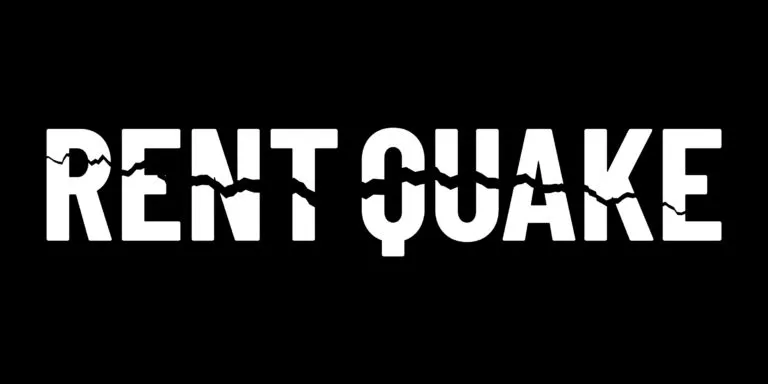Shelter’s ground-shaking new research shows that private renters hold the keys to Number 10
Published: by James Austin

A new king, a new Prime Minister and a new Secretary of State for Housing. It’s fair to say that since the start of September politics in England has changed a lot.
As we begin to learn more about the new government’s priorities, one thing has become clear: Liz Truss’s government will be defined by its response to the cost of living crisis.
The Prime Minister and Simon Clarke, the new Secretary of State for Housing, will both be coming up with solutions to protect people ahead of a turbulent winter. However, they are both failing to progress a law which would give private renters much needed stability through this crisis – the Renters’ Reform Bill.
Before the government decide which laws they will pass between now and the end of the year, both Truss and Clarke should make time to read Shelter’s brand new ‘Rentquake’ research.

Shelter commissioned polling company Stack Data Strategy to conduct a nationally representative poll of 10,000 voters across the UK. This has given us greater understanding into what private renters care about, their voting intentions and how they view current political parties plans for renting. Because of the way this poll was conducted, we also have constituency level insights into who the electorate will vote for.
This research should be essential reading for every politician and policy maker, especially those who are drafting manifesto commitments for a general election in 2024. As the private rented sector has increased in size, renters have become an essential constituency that political parties must win over if they have any hope of forming a government.
In short, the magnitude of the renter vote in the next general election will be felt by all politicians. Our ground-shaking new research shows that private renters hold the keys to Number 10.
Here are three key learnings that every MP in England should take away from our Rentquake research:
- Private renters could swing the outcome of the next general election by casting decisive votes in 38 key battleground constituencies. This ‘rent wall’ is crucially separate from the red wall and could see the Conservatives lose seats in areas considered their traditional heartlands. There is a concentration of these constituencies in and around London, including Boris Johnson’s Uxbridge seat. But these constituencies stretch from Falmouth and Truro to Lancashire, where according to the polling, new Housing Minister Andrew Stephenson MP could lose out in Pendle.
- Private renters are moving away from the Conservative Party at a faster rate than homeowners and social renters. One in three private renters who voted Conservative in 2019 are now abandoning the party, around 400,000 voters. While disillusioned renters are jumping ship, they have not yet found a new home, instead dividing themselves across different parties. These voters could be picked up by any political party going into the next election.
- Private renters’ votes are up for grabs, as two-thirds of them don’t think politicians care about people renting from private landlords. To make this an even more pressing issue for MPs, private renters are also much more likely than homeowners and social renters to base their future voting intention on housing policies. 63% of private renters say that housing policies, such as reforming the private rented sector and building social homes, will influence their vote.
These three takeaways demonstrate the clear need for all political parties to have a strong offer for private renters in order to win their support.
At the Labour Party conference last week, Shadow Housing Secretary Lisa Nandy announced the party’s plan to introduce a renters’ charter if they form the next government. This is Labour’s play for key renter votes in marginal seats that they will have to take if Labour want a chance of winning the next election.
Likewise, the Conservatives also have a plan. When Michael Gove was Secretary of State for Housing, the Conservatives published their Renters’ Reform Bill white paper. When it was announced back in May, Shelter welcomed the news as it included scrapping Section 21 ‘no-fault’ evictions and promised to introduce a national landlord property portal.
Despite previous commitment that the Renters’ Reform Bill would be turned into law before the end of 2022, it’s unclear whether Liz Truss and Simon Clarke will follow through on this commitment.
Renters shouldn’t have to wait a minute more to get the reform which is so desperately needed. Right now, their homes are crumbling and the cracks in our country’s broken renting system are widening. Every day, renters live in fear of rent increases or being evicted at a moment’s notice for requesting repairs.
During the last general election, every major political party promised to scrap Section 21 “no fault” evictions and reform the private rented sector. Almost three years on, renters are still waiting.
Renters are demanding change and the government has cross-party support for the Renters’ Reform Bill. They must now turn it into law. Simon Clarke and Liz Truss must follow through on their party’s manifesto promises so private renters have security in their homes and the power to enforce their rights. If they fail to act, it’s clear they do not care about renters.